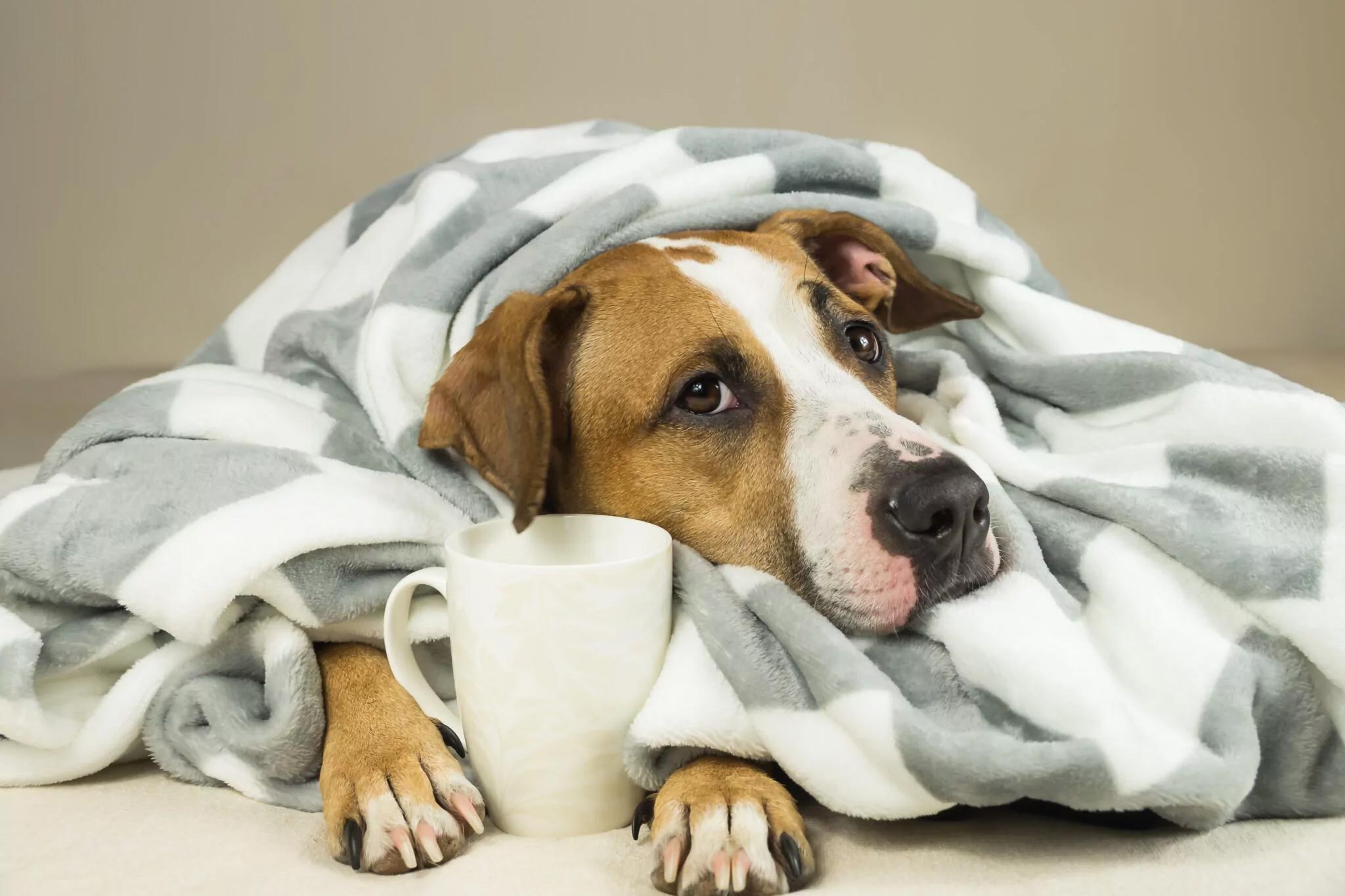Kennel Cough: Symptoms and How to Protect Your Pet
If you’re a pet owner, you’re probably no stranger to the occasional cough or sneeze from your dog. But what if that cough turns into something more persistent and concerning? A common condition that’s often responsible for coughing in dogs is the aptly named “kennel cough,” which we’ll explore in detail. We’ll talk about the symptoms, treatment options, and ways you can protect your pet from infection.
If you have any questions for us at Riverstone Animal Hospital in Canton, GA we’ll be happy to put your mind at ease with the answers you need or provide care to your pet. Just give us a call today at (770) 479-7141.

What is Kennel Cough?
Kennel cough, scientifically known as infectious tracheobronchitis, is a highly contagious respiratory disease that affects dogs. It’s similar to the common cold in humans, causing inflammation in the respiratory tract. Kennel cough can be caused by a combination of viruses and bacteria, primarily the Bordetella bronchiseptica bacteria and the parainfluenza virus. These pathogens can be easily transmitted from one dog to another through close contact, such as nose-to-nose interaction or sharing contaminated objects.
What are the Symptoms of Kennel Cough?
While kennel cough can be uncomfortable for dogs, it’s rarely a life-threatening condition. However, pet owners must recognize the symptoms early to ensure timely treatment. Common signs of kennel cough include:
Persistent Cough
The hallmark symptom of kennel cough is a dry, hacking cough that often sounds like your dog is trying to clear its throat. This cough can be triggered by excitement, exercise, or pressure on the trachea.
Sneezing and Nasal Discharge
Some dogs with kennel cough may also experience sneezing and a runny nose, similar to the symptoms of a cold in humans.
Low-grade Fever
In some cases, affected dogs may develop a mild fever, which can contribute to their overall discomfort.
Lethargy
Kennel cough can make your dog feel tired and lethargic, leading to reduced activity levels.
Loss of Appetite
Dogs with kennel cough may lose interest in food due to the irritation in their throat.
Gagging or Vomiting
Severe coughing fits can sometimes lead to gagging or even vomiting in affected dogs.
It’s essential to note that while kennel cough symptoms can be distressing for both pet owners and dogs, they typically resolve within a few weeks with proper care and treatment.
What are the Treatment Options for Kennel Cough?
If you think your dog is infected, schedule a visit with your veterinarian at Riverstone Animal Hospital for a proper diagnosis and treatment plan. We may ask that you wait in the car until we can see your pet, to prevent the risk of spreading the infection to other dogs.
Treatment for kennel cough may include:
- Antibiotics: If the condition is caused by a bacterial infection, your veterinarian may prescribe antibiotics to help clear the infection.
- Cough Suppressants: Cough suppressants can provide relief from the persistent cough and help your dog rest comfortably.
- Isolation: To prevent the spread of the disease, you need to isolate your infected dog from other dogs during the recovery period.
- Rest and Hydration: Like humans, dogs with kennel cough benefit from plenty of rest and staying well-hydrated.
In most cases, with the right care and attention, dogs with kennel cough can recover fully and return to their normal activities.
How to Prevent Kennel Cough
There are several effective precautions you can take to protect your dog from infection:
Vaccination
Talk to your veterinarian about the kennel cough vaccine. This vaccine is especially important if your dog frequently interacts with other dogs in boarding facilities, grooming salons, or dog parks.
Good Hygiene
Practice good hygiene by regularly cleaning your dog’s living space, toys, and food and water bowls. Disinfecting these items can help prevent the spread of the disease.
Avoid Crowded Places
Limit your dog’s exposure to crowded places, especially if there’s an outbreak of kennel cough in your area.
Ventilation
Ensure proper ventilation in enclosed spaces where dogs congregate, as good airflow can reduce the risk of disease transmission.
Remember, your veterinarian is your best resource for guidance on protecting your dog from kennel cough and other infectious diseases. By understanding the symptoms, seeking timely treatment, and taking preventive measures, you can successfully keep your pet healthy and happy. If you have any concerns or questions about kennel cough or your pet’s health, get in touch with Riverstone Animal Hospital at (770) 479-7141.
